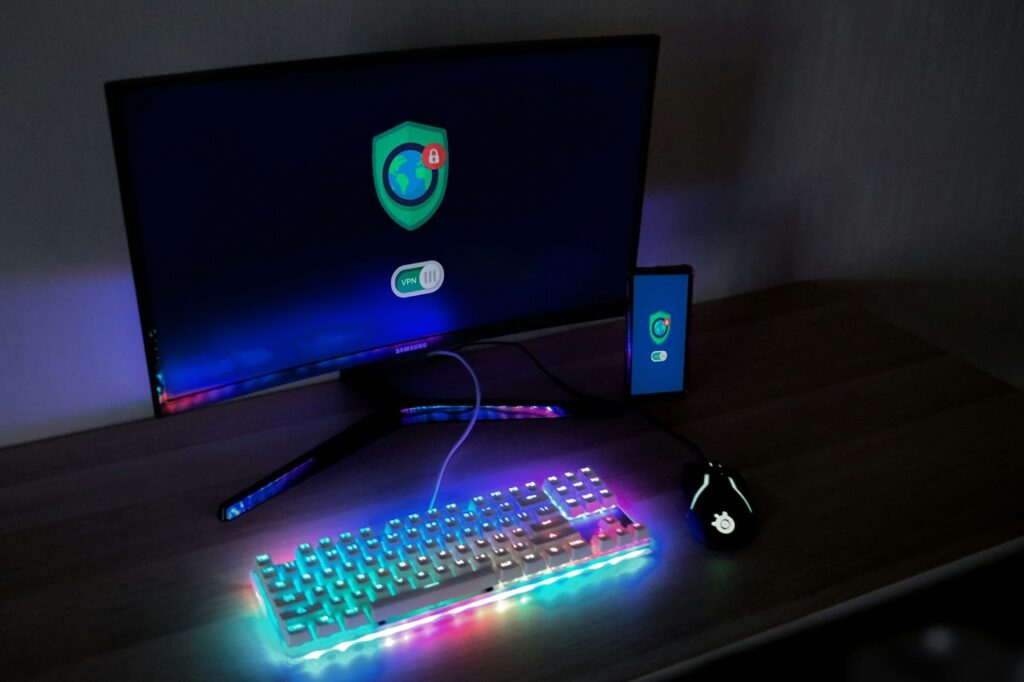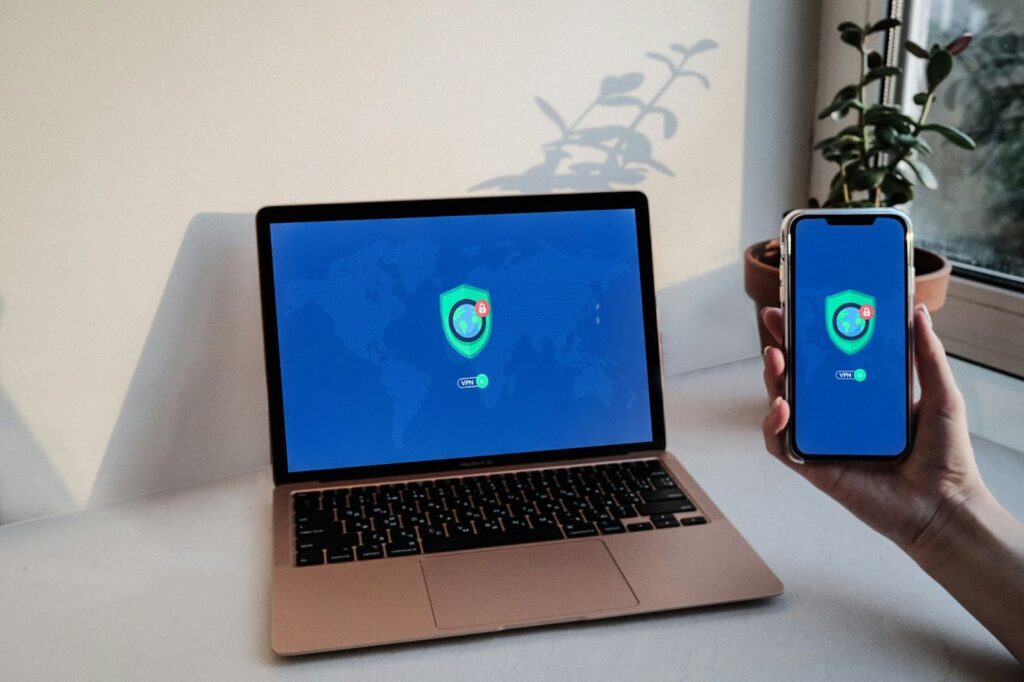Maintaining online privacy is becoming more difficult. That’s why many people use VPNs (Virtual Private Networks). VPNs are effective at shielding users from digital spying, tracking, data collection, invasive ads, and cybercriminals. Much of this is due to the fact that VPNs hide the IP address by which services identify users who are not logged into their accounts. Let’s figure out what the benefits of hiding your IP address are and how a VPN can help us with this.

What You Need to Know About the IP Address?
Internet communication relies on IP addresses. Your IP address reveals information like your Internet Service Provider (ISP), city, region, and country. Although this doesn’t reveal your exact location, it can show that you’re in the US, for instance.
However, if your IP address is known, your ISP, websites, online apps, and even governments can track your online activities. They can create a detailed digital profile of you, including your Facebook usage, job applications, and vacation spots. Third parties can then use this information to target you with ads or spam.
What is VPN and How Does it Work?
A VPN is an app you install on your device to keep your personal data safe while browsing the internet. When you turn on the VPN app, it creates a secure connection between your device and a specialized computer called a VPN server, which routes your internet traffic. This secure connection is often referred to as an “encrypted tunnel,” ensuring that only you can see your online activities.
Why Hide Your IP Address?
An IP address, or Internet Protocol address, is like a virtual ID for your internet connection. It’s a unique number assigned to any device that goes online, allowing it to send and receive data within its network.
Whenever you connect to the internet, your device needs an IP address to operate. Unfortunately, this address can reveal information about your internet presence, which can be risky if it falls into the wrong hands. People who get hold of your IP address can track your online activities, estimate your physical location, restrict your access to certain services, bombard you with targeted ads, or even commit cyber crimes on your behalf.
Although tracing someone’s IP address may feel intrusive, it isn’t currently illegal. This lack of regulation means your online activity and personal data could be exposed to malicious third parties.
Does a VPN Change Your IP Address?
Each internet connection, including your cable modem, has a unique IP address linked to details like your geographic location and ISP. A VPN masks your real IP address, making it appear as though you’re browsing from the VPN server’s location instead of your actual one. That’s why many people use VPNs—to hide from advertising trackers and protect their search history.
Just keep in mind that services have also learned to counteract VPNs. But even today, premium services like VeePN can bypass their detection tools. That is, you can hide your IP address even on advanced services like Netflix or Steam. And yet, how to make my IP address private? All you need to do is mask your real IP address and use the one that the VPN gives you. How to mask an IP address? Connect to one of the VPN servers.
How to Use VPN to Change Location?
Using a VPN is the easiest way to change your IP address. It’s quick, simple, and requires no technical knowledge. You can even use a Chrome VPN extension to protect only your browser connection, without affecting your connection to instant messengers and other apps. Plus, a reputable VPN offers superior privacy and security benefits compared to other methods.
Need a UK IP address? Follow these steps to change your location with a VPN:
- Subscribe to a VPN service: Choose a plan that suits your needs and sign up for a VPN service.
- Download and install the VPN app: Get the app on all your devices.
- Log in to the app: Open the app and log into your account.
- Connect to a VPN server: Select a server located in the UK and connect.

Does VPN Give Out the Same or Random IP Address?
Most VPN services provide users with dynamic IP addresses by default. These IPs change each time you connect to the internet and may even rotate during your session, depending on the VPN service. With dynamic IPs, you’ll often share the IP address with other users connected to the same server, enhancing your privacy by making it harder to trace online activities to a single individual.
Alternatively, some VPNs offer static (or dedicated) IP addresses that remain the same unless manually changed. A static IP provides a stable online presence across all your devices and apps, which can be useful for apps that use geolocation.
There are two types of static IP addresses:
- Shared Static IP: A fixed IP shared with other users on the server.
- Dedicated Static IP: An unchanging IP assigned exclusively to you.
Final Words
A VPN protects your identity by blocking online trackers. When your VPN is on, trackers think your browsing activity is from a different device and location. This confuses advertisers trying to build a profile on you, making them believe you’re someone else. This is made possible by hiding the real IP address and other anonymization tools. Additionally, a VPN can prevent certain types of hacking, such as Man-in-the-Middle attacks on public WiFi, where a hacker tries to intercept your connection to a website.



